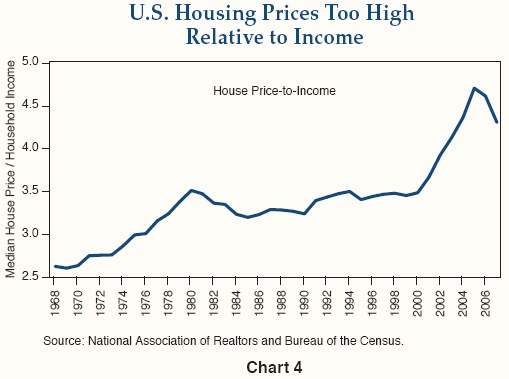teamosil
DP Veteran
- Joined
- Oct 17, 2009
- Messages
- 6,623
- Reaction score
- 2,226
- Location
- San Francisco
- Gender
- Male
- Political Leaning
- Liberal
I would define it thus:
any tax in which the rate increases as the amount subject to taxation increases
wordnetweb.princeton.edu/perl/webwn
...but it goes up relative to the assessed value of the house. That, by definition, is a property tax. If any tax in which the rate increases as the amount subject to taxation increases is a progressive tax, then a simple property tax is progressive and homestead exemptions make it more so.
Well, your definition would be a pretty useless way to analyze various tax options, no? Why would anybody care how it distributes the tax burden relative to some internal measure? For example, say we were considering replacing all other taxes with a tax on air. The more air you breathed, the higher the per-liter rate would be. By your definition that would be a "progressive tax", but obviously it would take a huge portion of the income of the poor and a microscopic portion of the income of the wealthy. So all the arguments against regressive taxes would apply to it. That's why people normally consider a tax "regressive" or "progressive" based on how it varies relative to income.
Oh, so now we're only talking relative regressiveness for the whole system? And we should avoid any increase in relative regressiveness to the system?
We shouldn't necessarily. There could well be a change in the tax code that had advantages that outweighed the increase in regresiveness. Who knows, maybe the homestead exemption is such a case, I have no strong opinion on it. But you brought it up as evidence supporting your claim that property taxes were progressive. That isn't true (at least not going by the conventional relative-to-income definition), they actually make it more regressive.
And hey, since now we're only talking about relative regressiveness, do you agree that homestead exemptions make property taxes more progressive?
They make the system more regressive relative to income, more progressive relative to the total value of all properties held.
Are you admitting then, that the chart is progressive for up to 96-99% of income earners in this country?
Yes. Not admitting really, that's what I've said from the beginning- the taxes are progressive up to the upper middle class, then regressive for the rich. Where the regressiveness kicks in in the range where people make their income from investment rather than by working. The tax system is progressive all the way to the top of the spectrum of people who make most their income by working. But that isn't how the truly rich make their money in general. Some do of course- CEOs, hedge fund managers, etc, but most don't.
Are you admitting that most statistically rich people are being taxed progressively?
No, not even close. Like I said, the entire top 1% is on the regressive part of the spectrum. While there is no precise definition of who is "rich", certainly it would be within that 1% and probably more like the top 0.1%. They are all on the regressive part of the spectrum. The richer they are, the more regressive.


